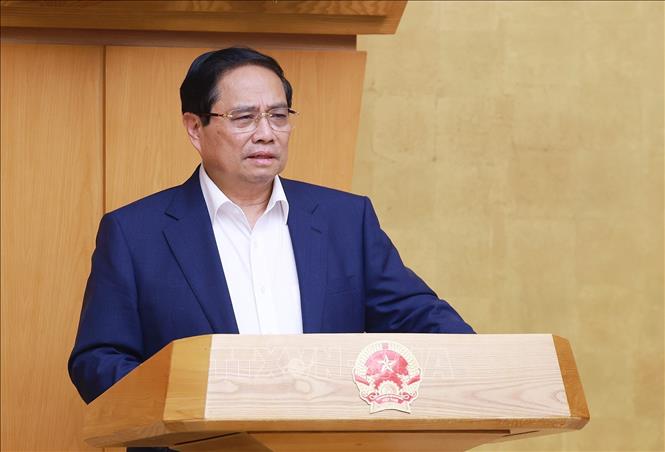 |
| Prime Minister Pham Minh Chinh chairs the Government's special meeting on law-making in May 2025. Photo: Duong Giang/VNA |
At the meeting, the Government listened to reports and gave opinions on handling problems arising in the development of Decrees on decentralization and delegation of power associated with the organization of two-level local governments. Government members agreed to thoroughly decentralize and delegate power to local governments in all areas, ensuring the correct implementation of the motto "locality decides, locality acts, locality is responsible".
In particular, the Government has reviewed and commented on 2 draft laws and 4 Proposals for the development of laws, including: Law on Temporary Detention, Temporary Imprisonment and Prohibition from Leaving the Place of Residence; Law on Execution of Criminal Judgments (amended); Law on Practicing Thrift and Combating Wastefulness (amended); Law on Judicial Expertise (amended); Law on Food Safety (amended); and Law on Population.
Government members enthusiastically discussed the contents of the draft laws, proposing to develop a law to improve the effectiveness of management work on temporary detention, temporary imprisonment and execution of criminal sentences; improve the quality of judicial expertise, ensure the effectiveness and efficiency in state management and humaneness in prisoner education and rehabilitation; ensure the practice of thrift and anti-waste; improve the effectiveness of state management of food hygiene and safety to ensure people's health; create a legal basis to comprehensively resolve population work...
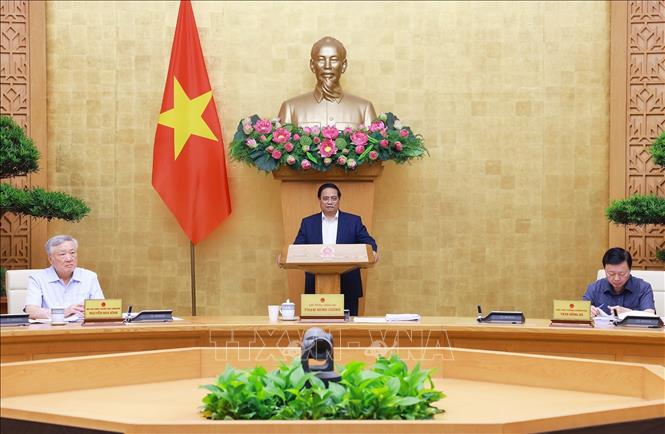 |
| Prime Minister Pham Minh Chinh chairs the Government's special meeting on law-making in May 2025. Photo: Duong Giang/VNA |
Concluding the meeting, Prime Minister Pham Minh Chinh highly appreciated the enthusiastic and responsible opinions of the delegates; requested the drafting agency to fully absorb the opinions of the Government members; at the same time, continue to seek opinions from experts, scientists, and affected subjects and continue to listen to the opinions of the people and businesses to complete the draft laws.
Giving opinions on the draft Law on the enforcement of criminal judgments (amended); the draft Law on the enforcement of temporary detention, temporary imprisonment and prohibition from leaving the place of residence; and the proposal to develop the Law on judicial expertise (amended), the Prime Minister agreed with the regulation to legalize prisoner labor, which is a measure to reform prisoners.
In particular, the regulation on paying money at the prison, the Prime Minister said, must be flexible, with invoices from competent authorities. Regarding the regulation on prisoners receiving gifts, it is recommended to deposit them in cash. For mentally ill prisoners, there must be a separate place for treatment and detention.
Regarding forensic expertise, the Prime Minister agreed with the proposals of the Ministry of Public Security on specialized issues; if it is difficult, the agencies that are doing well should continue to do it, and the rest should be socialized in forensic work. At the same time, the Prime Minister said that forensic expertise is a profession; therefore, it must be strictly regulated and have policies for those who do forensics.
Regarding the proposal to build a Law on Thrift and Waste Prevention, the Prime Minister proposed to unify May 31 every year to launch a national emulation movement on thrift and waste prevention; promote decentralization and delegation of power to fight waste.
Regarding the draft Law on Food Safety, the Prime Minister emphasized that this is an issue directly related to the health and lives of the people, so the Ministry of Health must take the lead; other ministries and sectors must coordinate to ensure both strict management and development. In the immediate future, relevant parties must quickly amend Decree 15 to address urgent issues that the people are demanding, the management process is still lacking, and the reality is still inadequate... in order to prevent dirty food, ensuring the health and lives of the people.
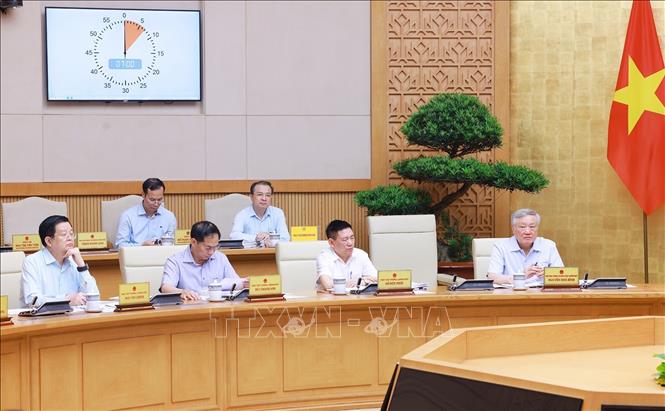 |
| Government members attend the Government's special meeting on law-making in May 2025. Photo: Duong Giang/VNA |
With the proposal to build a Population Law, the Prime Minister requested that there must be policies and institutional bottlenecks to promote the transition from population planning to population development; prevent population aging; ensure both population quantity and quality; encourage childbirth according to the law, and at the same time encourage the improvement of physical strength and intelligence of Vietnamese people.
The Prime Minister noted that Ministers and heads of agencies continue to prioritize the highest concentration of resources and directly lead and direct the building of institutions; determined to remove institutional bottlenecks in 2025; proactively coordinate with agencies of the National Assembly to review and improve the quality of promulgation of legal documents.
Note that in the process of building and perfecting laws, ensuring the institutionalization of the Party's guidelines and policies such as the "strategic quartet" that the Politburo has just issued, Prime Minister Pham Minh Chinh requires that the building of laws must be based on the spirit of 7 clear: How are the Party's guidelines and policies concretized; what are the practical issues that the law has not yet regulated; what are the issues that the law has regulated but is not suitable; what are the problems that need to be resolved; how to simplify and reduce administrative procedures; how to decentralize and divide powers; and what are the issues with different opinions that need to be considered.
The Prime Minister pointed out that it is necessary to fundamentally change the mindset from passive, focusing on management "if you can't manage, then ban" to "proactive, flexible, to create development and serve the people and businesses". The Prime Minister emphasized that the Law needs to be regulated in the direction of a framework, what is mature, clear, proven to be correct in practice, effectively implemented, and agreed by the majority, then legalize; for issues that are fluctuating, economic issues, dependent on objective factors and developing very quickly and unpredictably, then develop decrees and guidelines of ministries and branches.
Analyzing specific cases in law enforcement, the Prime Minister suggested that innovation in law-making should focus on thoroughly decentralizing and decentralizing power along with resource allocation and designing monitoring tools; resolutely cutting and simplifying unnecessary administrative procedures; law-making must be one step ahead, increasing predictability; reviewing current laws, using one law to amend many laws to promptly meet practical requirements.
The Prime Minister requested ministries and agencies to continue to prioritize the work of building and perfecting legal institutions; continue to consult and listen to the opinions of people, businesses, affected subjects, experts and scientists.
The Prime Minister requested the Ministers to explain and report on the contents of law-making at the 9th Session of the 15th National Assembly for the National Assembly to consider and approve. The Prime Minister also directed ministries and agencies to prepare draft laws to submit to the National Assembly at the 10th Session, ensuring progress and quality.
Source: https://huengaynay.vn/chinh-tri-xa-hoi/theo-dong-thoi-su/thu-tuong-pham-minh-chinh-thay-doi-tu-duy-tu-quan-ly-sang-kien-tao-phuc-vu-153875.html






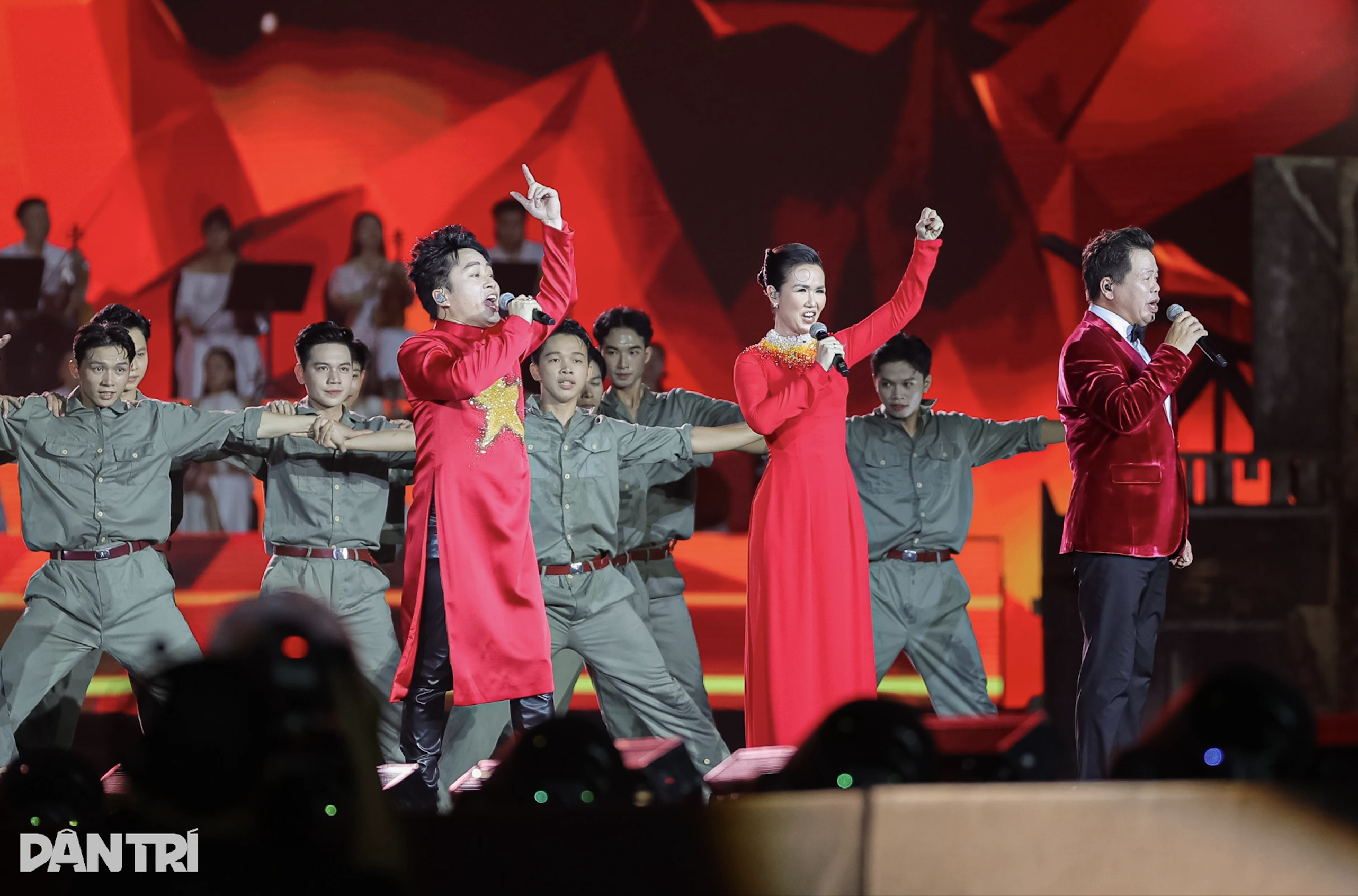
![[Photo] Prime Minister Pham Minh Chinh chairs the conference to review the 2024-2025 school year and deploy tasks for the 2025-2026 school year.](https://vstatic.vietnam.vn/vietnam/resource/IMAGE/2025/8/22/2ca5ed79ce6a46a1ac7706a42cefafae)
![[Photo] President Luong Cuong receives delegation of the Youth Committee of the Liberal Democratic Party of Japan](https://vstatic.vietnam.vn/vietnam/resource/IMAGE/2025/8/22/2632d7f5cf4f4a8e90ce5f5e1989194a)


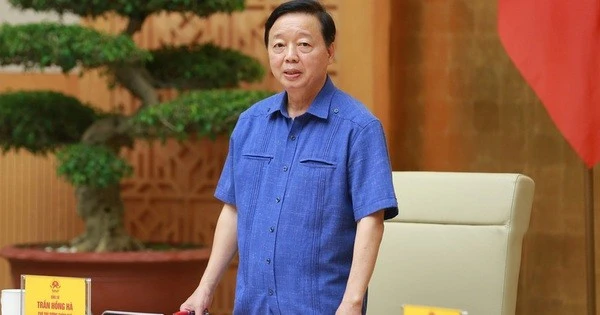
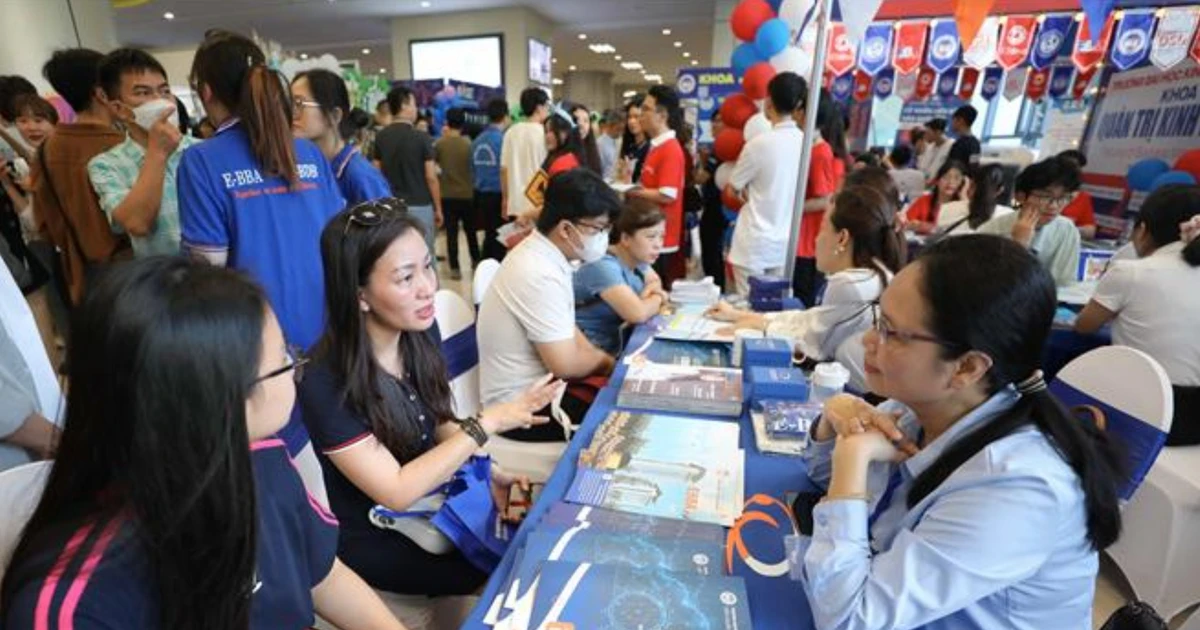
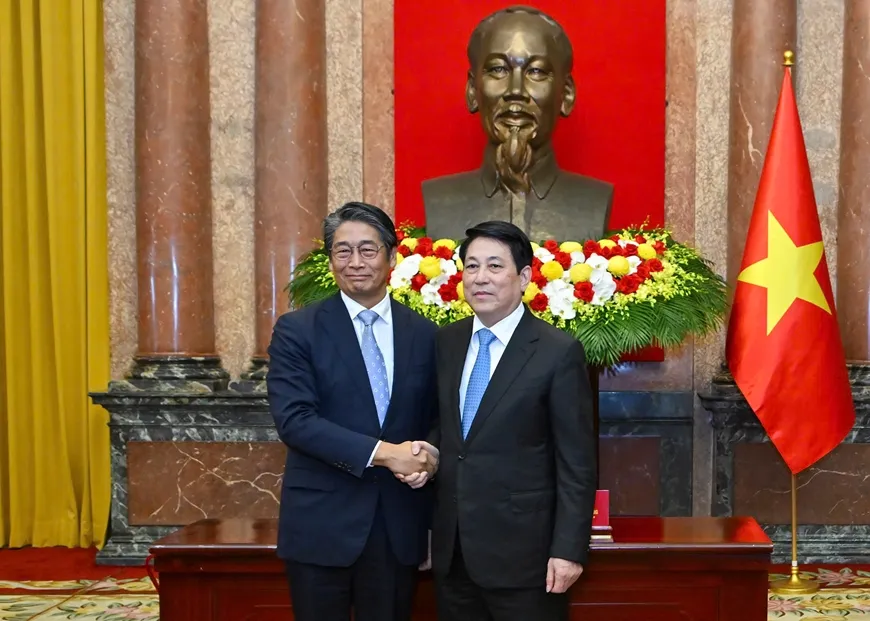



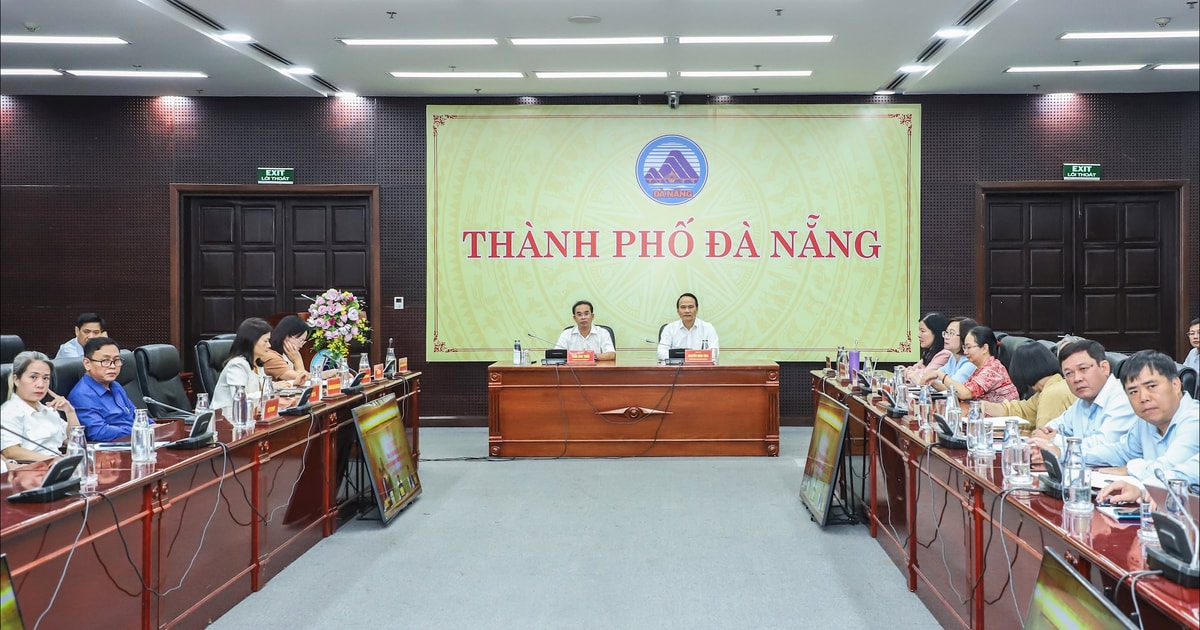




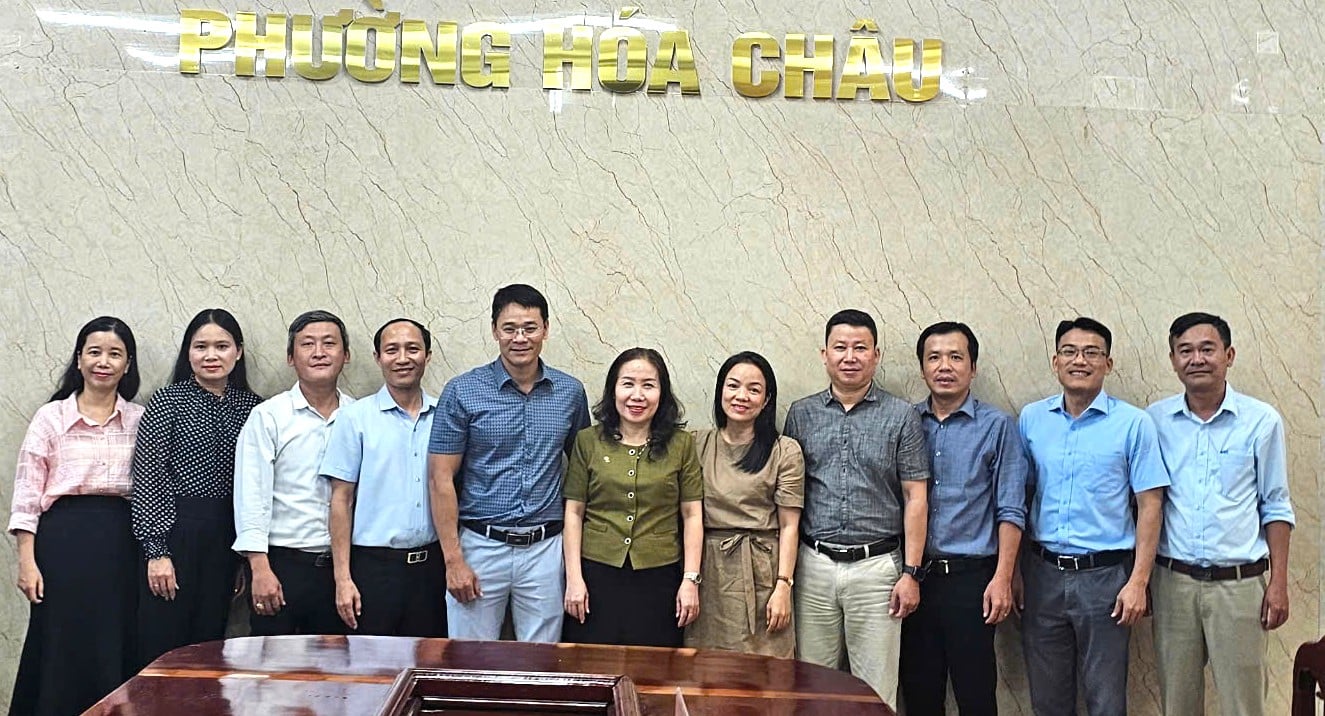

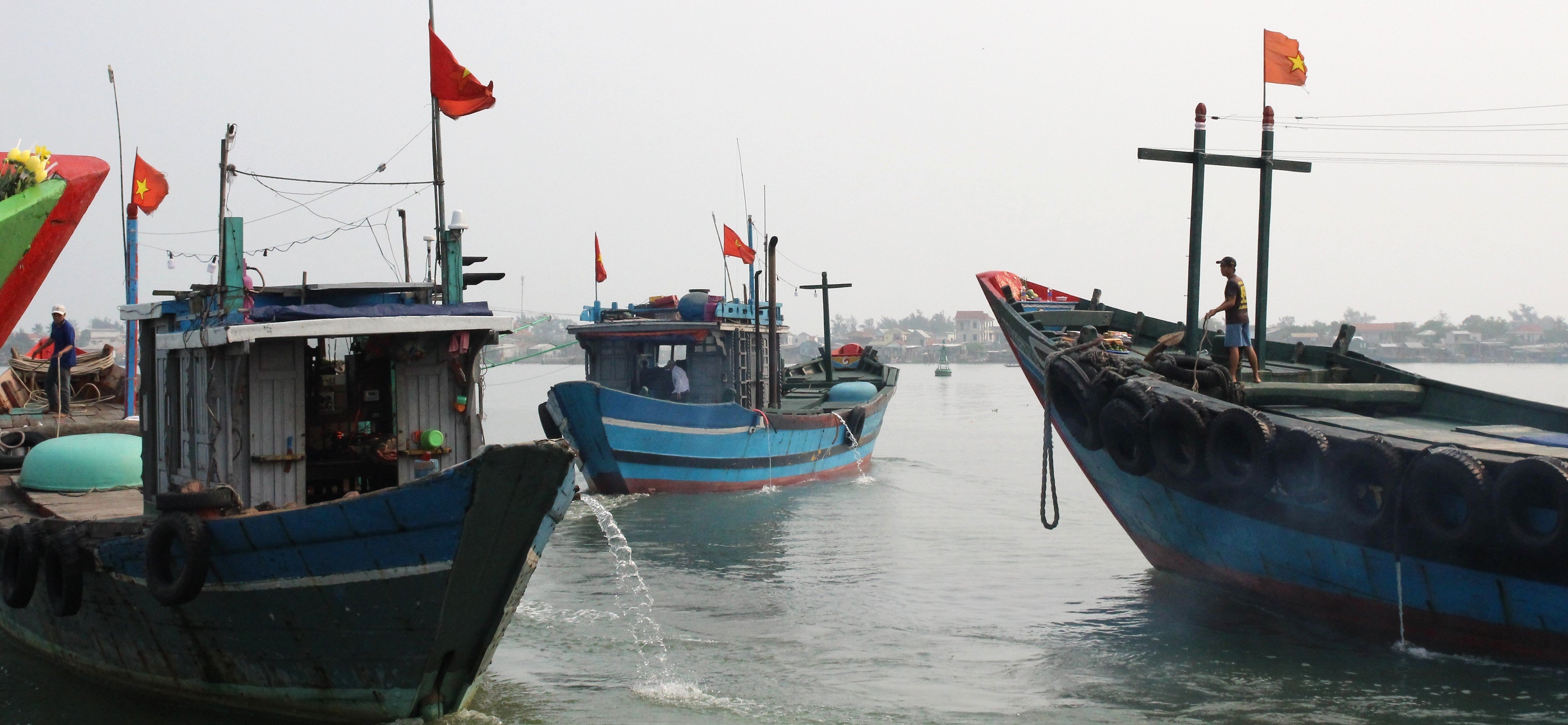

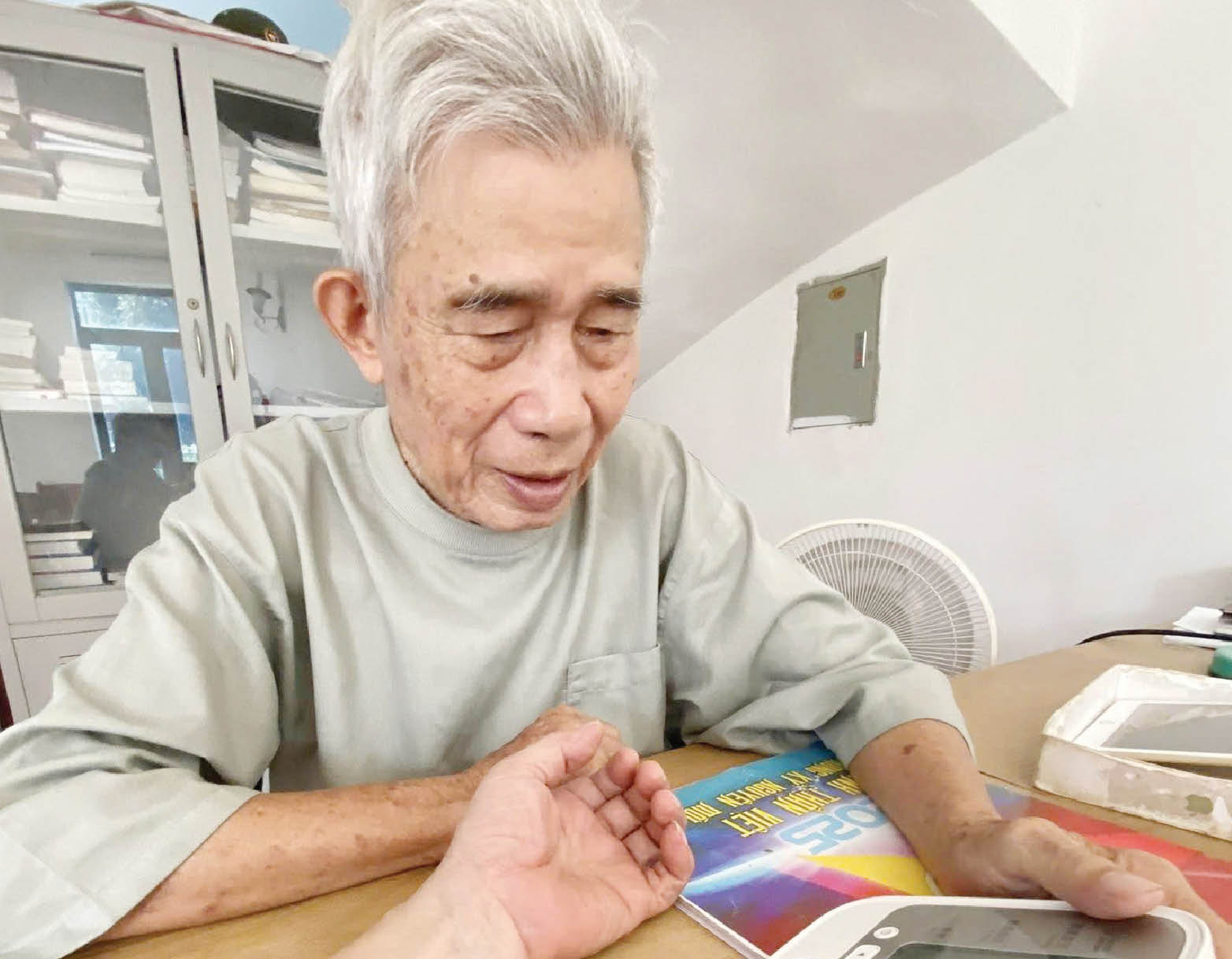
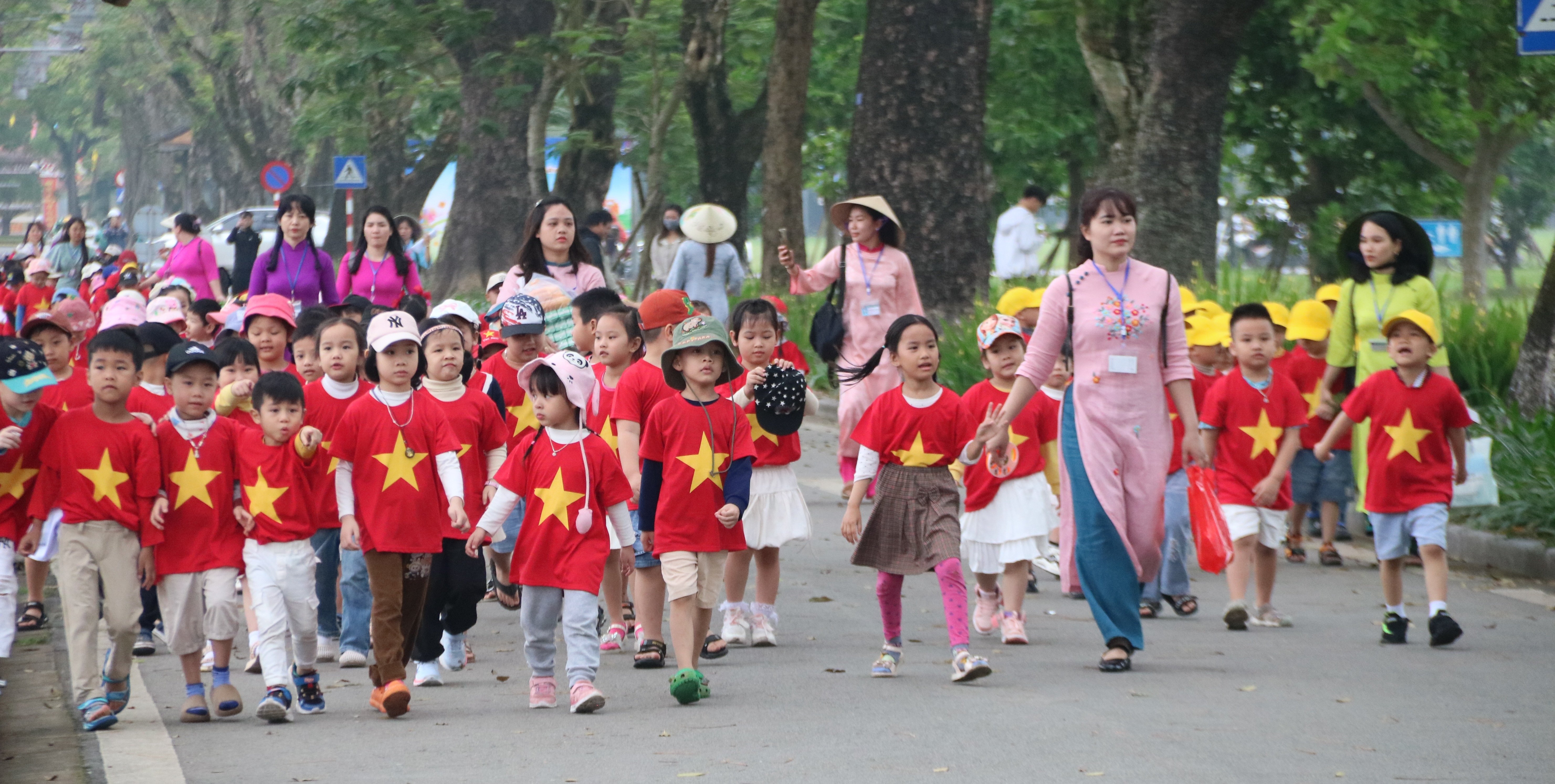












































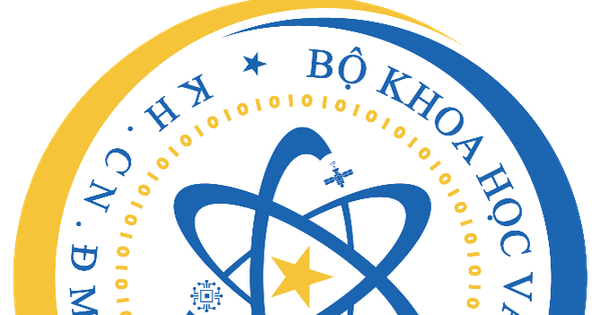

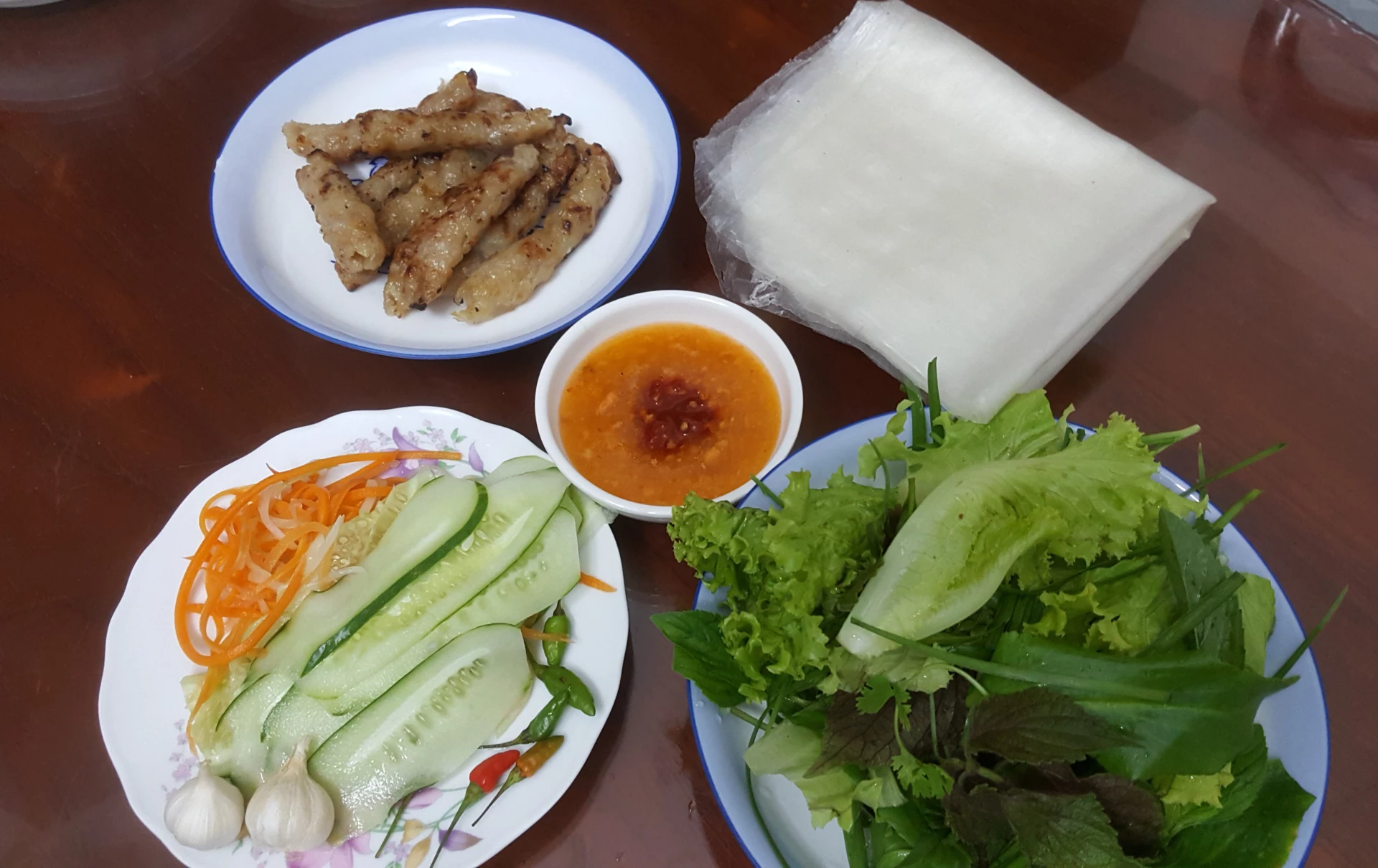

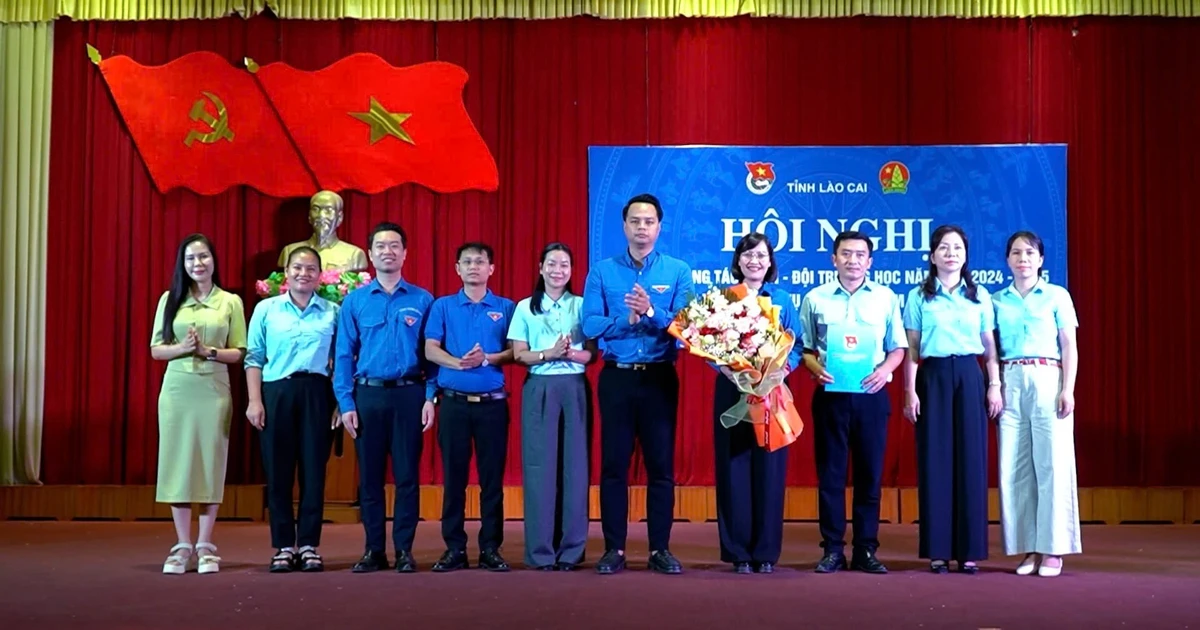
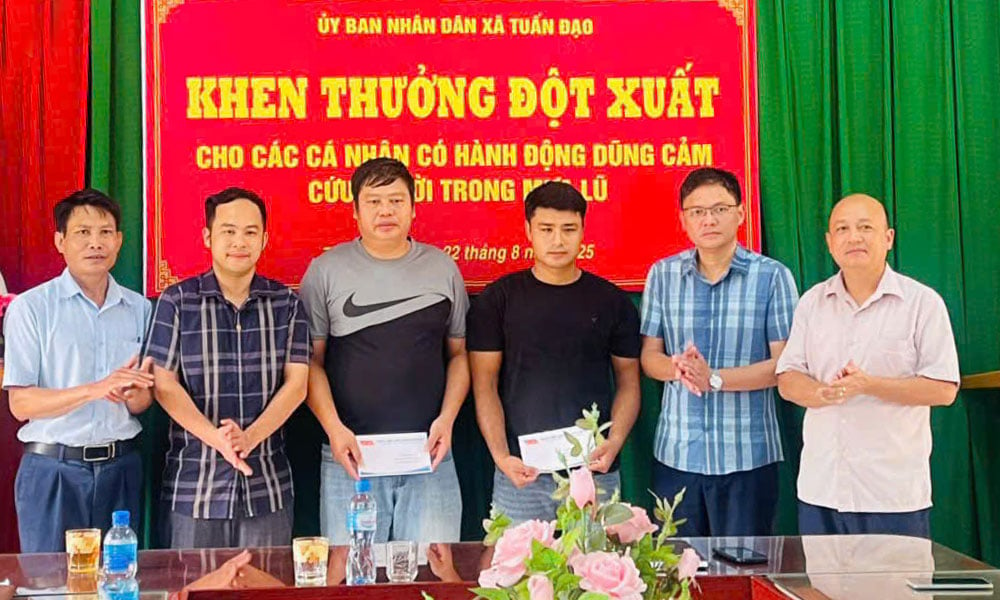

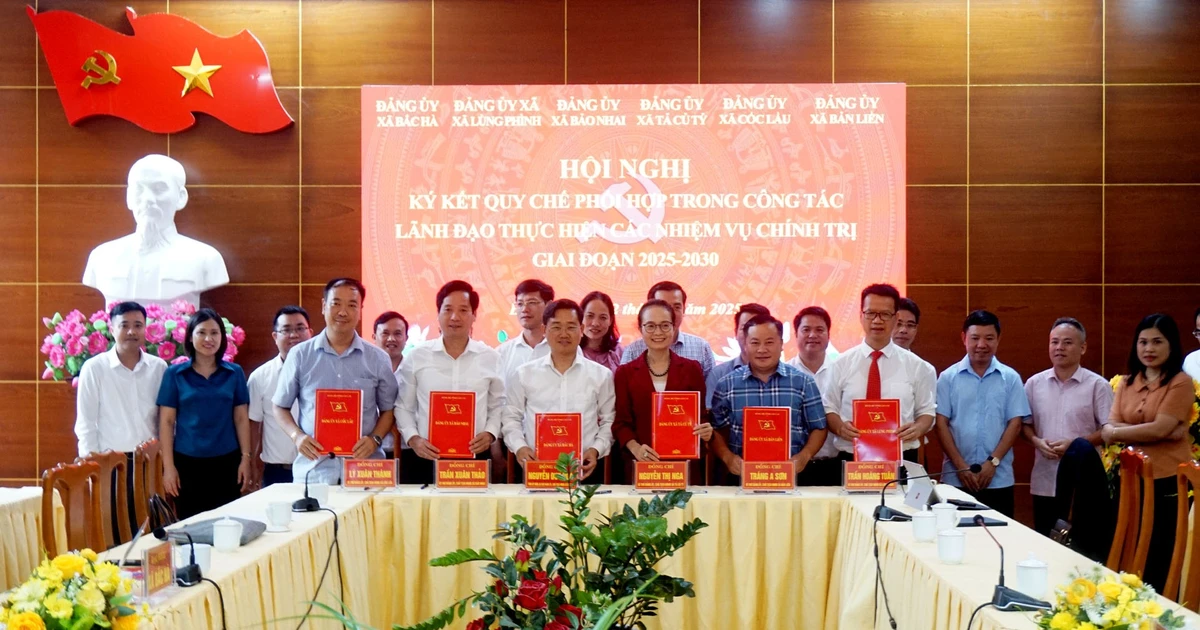
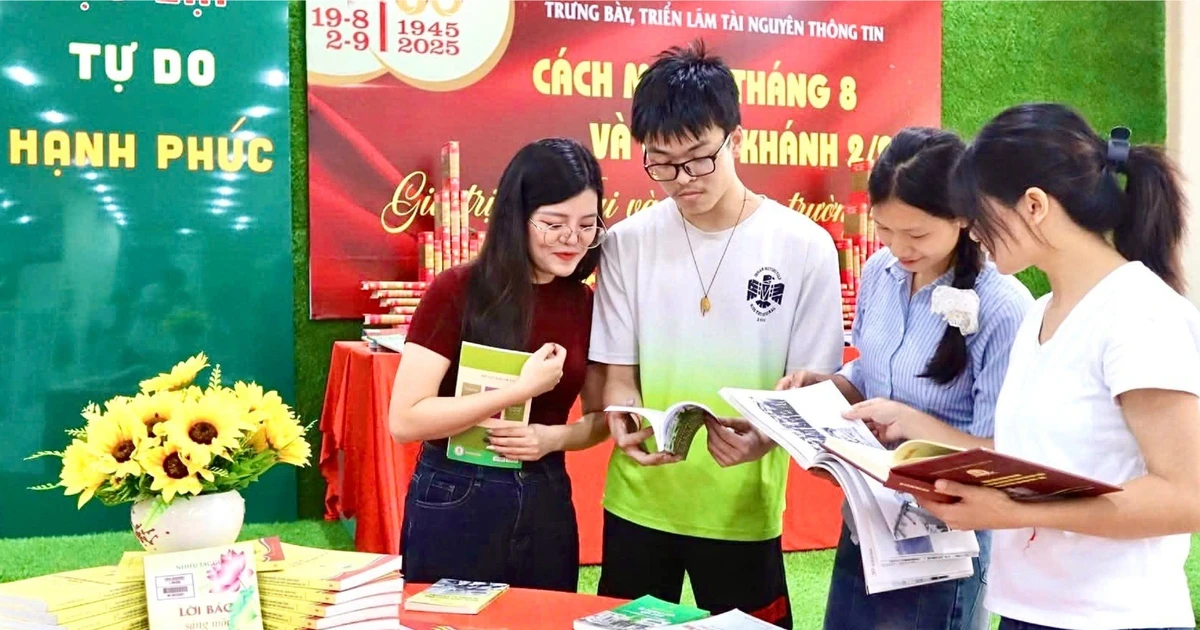












Comment (0)